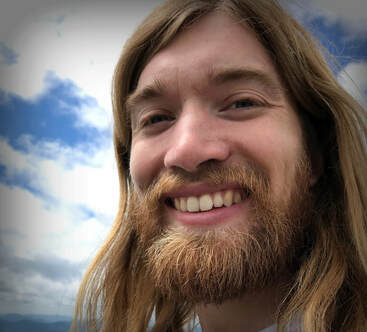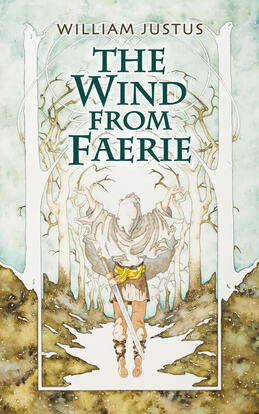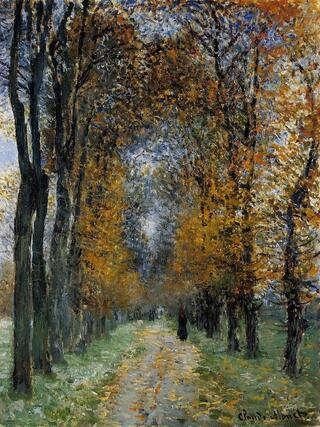"I usually reach for the 1554 beer from New Belgium Brewery and drink Guinness on more special occasions." One of the hardest things for any writer is to move forward with a story once it no longer feels ‘fun’, i.e., once the story is no longer flowing easily from your mind onto the page. What advice do you have for writers who feel like they are stuck in their narrative and are struggling to move forward? I think that’s an issue that all writers struggle with at one time or another. We all want to write when we feel inspired, but bouts of inspiration can be few and far between. I follow some advice from Anne Lamott’s book, Bird by Bird. Anne emphasises the importance of routine and of reaching a minimum word count no matter what. I’ve found that keeping a daily writing routine trains my creative muscles to work when I need them. I also aim to write eight hundred words a day, even if every sentence is a struggle. Once I get those eight hundred words down, I’ve usually broken through the wall and entered a good writing flow. If not, I can stop there and try again tomorrow. Repeat ad infinitum, punctuated with long walks and reading. "I follow some advice from Anne Lamott’s book, Bird by Bird. I am always interested to learn about what else writers do for work as I find this has a significant influence on their writing. How has your work as a wildlife biologist informed your narrative and influenced the fantastic world you have created? My training in biology makes it a point of professional pride to be accurate and precise in my descriptions of nature. No one else might notice if I confuse the behavior of hares with rabbits, but those are details that I care about. I spend an inordinate amount of time researching the life cycles of every flower, tree, and critter that I include in my book because I want my natural descriptions to be as realistic as possible. "No one else might notice if I confuse the behavior of hares with rabbits, but those are details that I care about." On the less technical side of things, my love of nature causes the natural world to loom large in my stories. Nature can be a setting, but it also influences moods, themes, and characters. I particularly love exploring how characters relate to nature because I think that is such an essential part of the human experience.
You and I are both avid fans of poetry in fantasy. I have enjoyed some of the poems you have posted on Twitter as well as those featured on your website, particularly The Road Goes Ever On. In the world of Kellen the Fey, what special role does poetry play in the context of the adventure? I’m so glad you asked this question because it’s something I love to talk about. For Kellan, poetry begins as a gateway to an elder time full of daring heroes and magic. All the old stories were written in verse, and so that’s how he connects to them. When Kellan starts creating his own poems, it quickly becomes a driving force in his own legend. He learns that poetry is somehow connected to a very deep and powerful magic, but one that comes at a significant price. As Kellan matures into the legend himself, poetry becomes a medium through which he reflects on his journey. I think as the series progresses it will be really cool to see how the role of poetry, and Kellan’s relationship with it, changes from beginning to end. "For Kellan, poetry begins as a gateway to an elder time full of daring heroes and magic.... As your site hints, there is a sequel to The Wind from Faerie which is tentatively titled The Many Antlered Crown. I am intrigued by the fact that we are both currently working on the second book in our respective series. I have personally found writing the sequel to be a vastly different experience than writing the first. In what ways has the process of writing The Many Antlered Crown been different for you compared to the first book? When writing my first book, I was very aware of my word count. I knew that publishers and readers were more likely to take a chance on a shorter book, so I wanted my debut to be an approachable length. With this sequel, those concerns are completely out of the window. I’ve got a lot of room to explore the world, the characters, and some really exciting themes. The end result is going to be a book that is significantly longer than The Wind from Faerie, but will be better for it. "With this sequel, those concerns are completely out of the window. I also originally conceived Kellan’s story as one arc, but that has necessarily been divided into three books. The Wind from Faerie was just the opening act, an introduction to everything. With The Many Antlered Crown, I feel like I’m finally biting into the meat of Kellan’s story and it’s immensely satisfying. I think it is fair to say that we both believe in the power of words. As you write, do you feel that there is something you want your reader to feel or do you write simply to tell a good story? Is there a specific message behind Kellen’s adventures or are they purely a narrative escape from our day-to-day reality?
Where can readers find you online and what can they expect to look forward to reading in 2020?
1 Comment
12/24/2019 12:32:44 am
Well, I was so inspired by the story of William Justus! The journey of being a writer will never be easy. That's why many kids look up to writers and dream to be one at the right time! I can feel that he has a different approach when it comes to writing. I guess, it is very important that you know whom you are writing for. Sometimes, expressing yourself wouldn't be enough especially if your aim is to impress your readers.
Reply
Leave a Reply. |
AuthorJoshua Gillingham is an author, editor, and game designer from Vancouver Island, Canada. Archives
April 2022
Categories
All
|




 RSS Feed
RSS Feed
